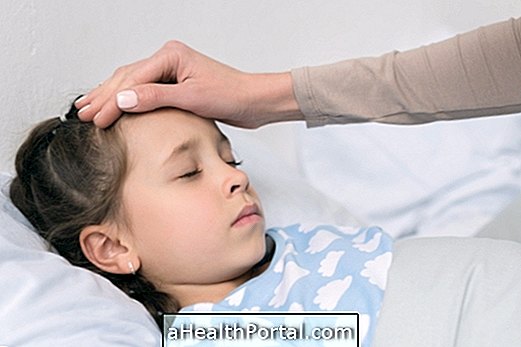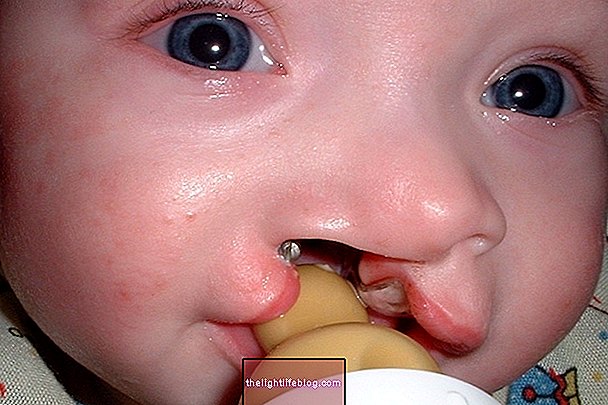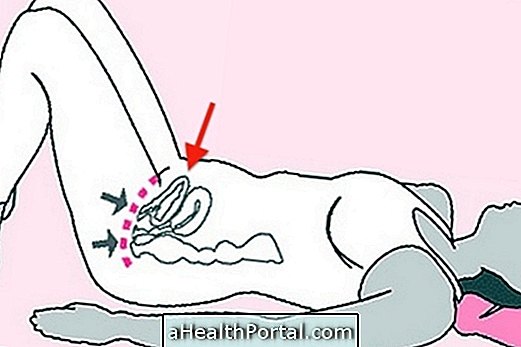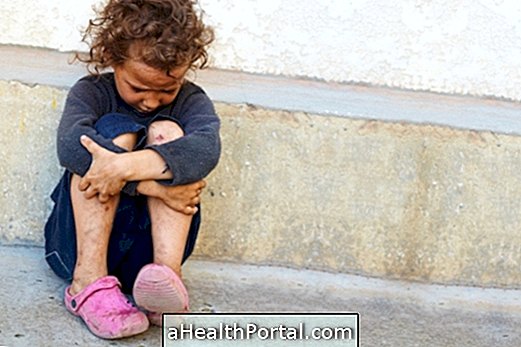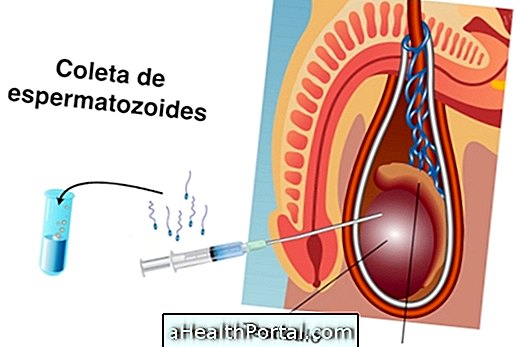Usually the chicken pox has a benign course, easy to solve, and it is only necessary to control the symptoms so that the person feels better. However, in rare cases, sequels such as:
- Pulmonary problems, such as pneumonia / respiratory failure;
- Decrease in the number of platelets, and may appear purple;
- Paralysis and difficulty in limb movement;
- Eye problems such as recurrent infections;
- More rare, encephalitis.
Thus, in order to avoid the sequelae of chickenpox, individuals should strictly follow the treatment indicated by the pediatrician or infeciologist, and patients with impaired immune system, diseases caused by corticoids or leukemia should undergo treatment of chicken pox.
However, if the individual develops chickenpox sequelae, it should be evaluated and treated by a complication physician, such as a neurologist, in the case of paralysis, or a hematologist if there is purpura, for example.

Possible Complications
Complications of chicken pox are rare and usually occur in individuals with compromised immune systems, such as during cancer treatment, AIDS, or when the individual takes suppressive drugs of the immune system.
Some of the possible complications of chicken pox are:
- Cerebral edema;
- Encephalitis;
- Loss of motor coordination;
- Pneumonia;
- Myocarditis;
- Reye's syndrome.
Symptoms that may indicate complications of chicken pox are:
- Fever for more than 4 days or above 38.8 ° C even with the use of fever remedies;
- Scattered blisters affecting the eyes;
- Dizziness;
- Tremors through the body;
- Difficulty pushing chin in chest;
- Excessive vomiting or coughing.
If these symptoms are present it is important to go to the hospital urgently.
Chicken pox can spread to other people from the onset of symptoms until all the blisters have dried. During this period the individual should not attend school or work and avoid contact with others. Your treatment of chickenpox can be done by taking acetaminophen and acyclovir, which reduces the symptoms of the disease.
